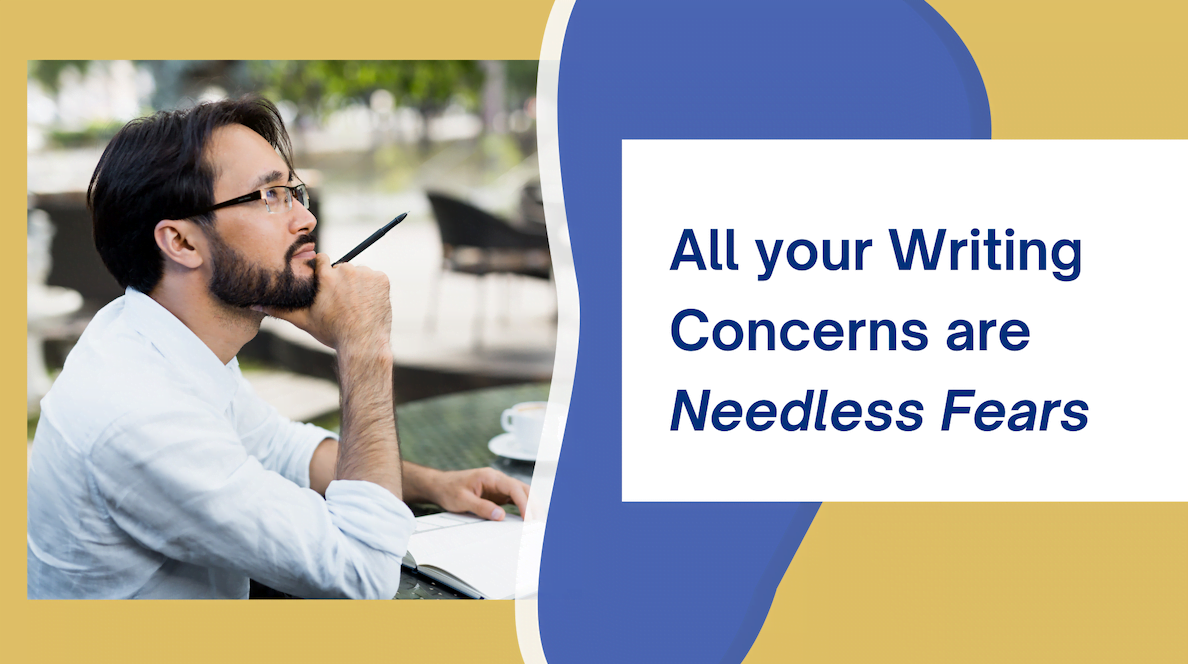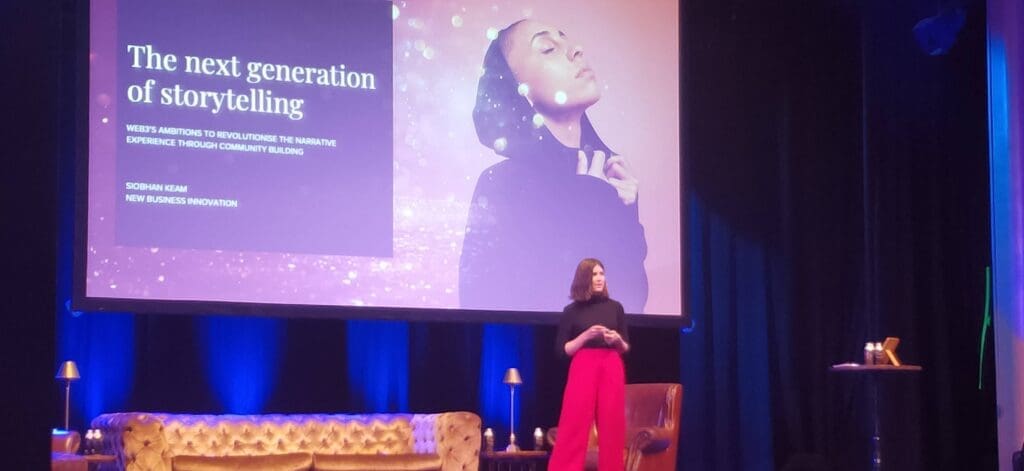Rejoining Medium.com, I found an article on How to Overcome Creative Blocks by LC Lynch, some of which hails from Elizabeth Gilbert’s Big Magic. Without fail, each was a concern I’ve either heard from book writers or ones I’ve had myself. So, let’s discuss popular writing fears and how to overcome writer’s block.
Block to Creating anything 1: I’m not talented enough or worthy
Yep, had this one. It’s apparent that newer writers think our writing is bland and not really singing its special song. We fear criticism, and some clam up if an early reader is too harsh. But with practice, training tips and positive editing suggestions, our writing gets better. We gradually realise our writing is worthy of being read.
Block to Creating a Book 2: I have many ideas, but nothing earth-shattering
As LC Lynch writes, “If you are worried that your ideas are too cliché and overdone, you may never begin.”
There are more ideas out there than herrings in the sea, but what about tying together your life path with a good idea? Could you get past the idea spark stage by using the Ikigai, or life purpose formula? Perhaps you could narrow it to an idea where you merge “a step to change the world’s perspective” with “steps I took to change my life and perspective”. We often overlook the use of our own life lessons and struggles in a bid to seem on-top-of-it, professional; I know I did.
Block to Creating a Book 3: My topic is sensitive and I fear legal repercussions or slamming
One of my past author clients called the slamming “the culture bug”; also called “cancel culture”. There is a type of person who shouldn’t write a book that might get slammed by the cancel culture brigade: those who see what other people write online and think it’s important.
But for most of us self-published authors, this won’t be so much of a problem unless the media gets wind of shareable controversy. Legal defamation is something you can guard against by only referring to those who you know with objective facts you know are true. Another legal issue is giving advice in an area like medical, psychological or safety: let’s not do it if we’re not a professional, but if there is something borderline, always use a disclaimer.
Legal cases against publications are quite few and far between for non-famous authors. Yet, there are attempts, especially by disgruntled exes mentioned directly, so this is where a publisher will protect you by referring the matter to a lawyer. Self publishers would not want to take this risk on. A free online guide called “Defamation Law” by the Arts Law centre may help allay these fears if you want to look into it.
Block to Creating a Book 4: I’m a perfectionist
This one is supposed to sound good and bad, but in reality this writer’s block stops the new writer from either continuing the book… or from ever publishing it. Fiddle around with drafts for a couple of months, sure, but don’t let it languish for years as you dance with your fear of criticism and imperfection. Look fear in the eye and say, “I see what you’re doing, but my writing path is progressing and after the beta read I’ve got to press go…”
A positive editor/writing coach can also get you past this one, with a few supportive statements about your work based on a professional eye.
There is nothing better than holding that book in your hands, the proof copy, and knowing you can still change it as you still have a minimum 21 days until launch. There’s little to fear because you would have enough time to re-submit if you/your writerly friend spots a mistake.
I always say about writing fears: only concern yourself with what is a high possibility, not what is just your comfort zone being pushed!








